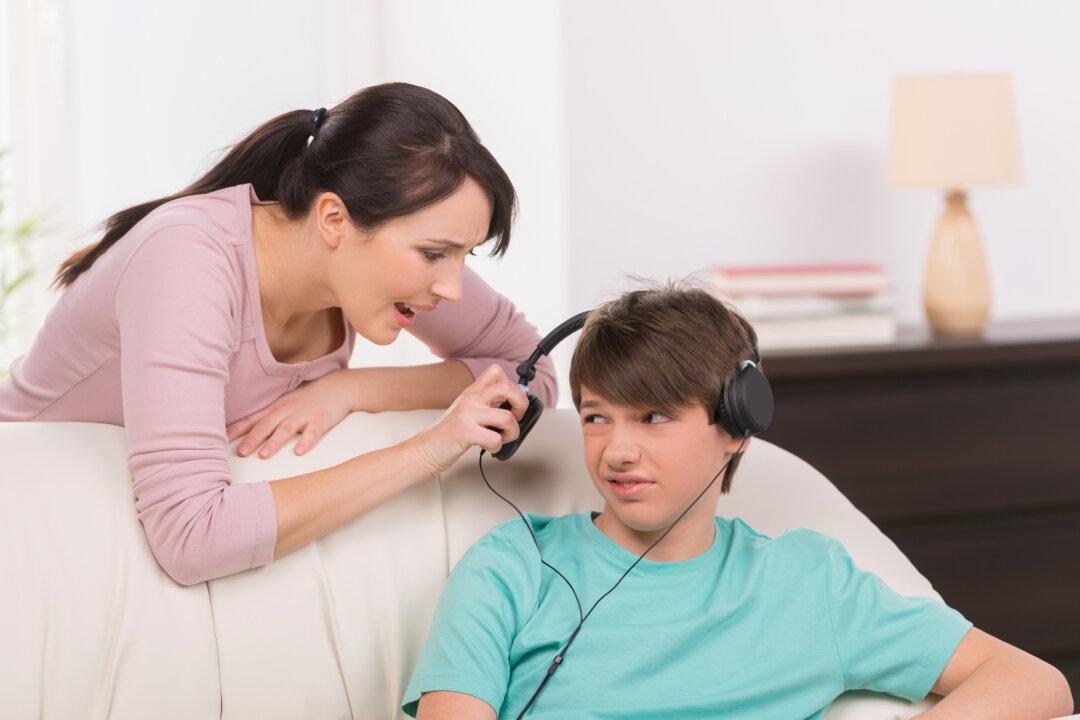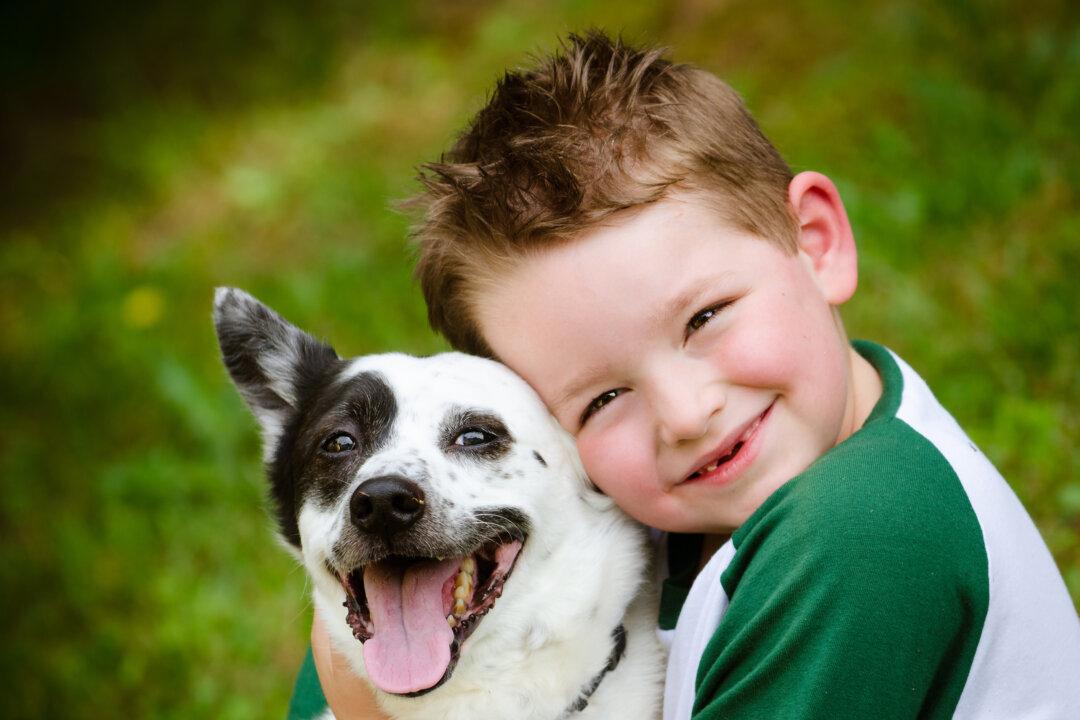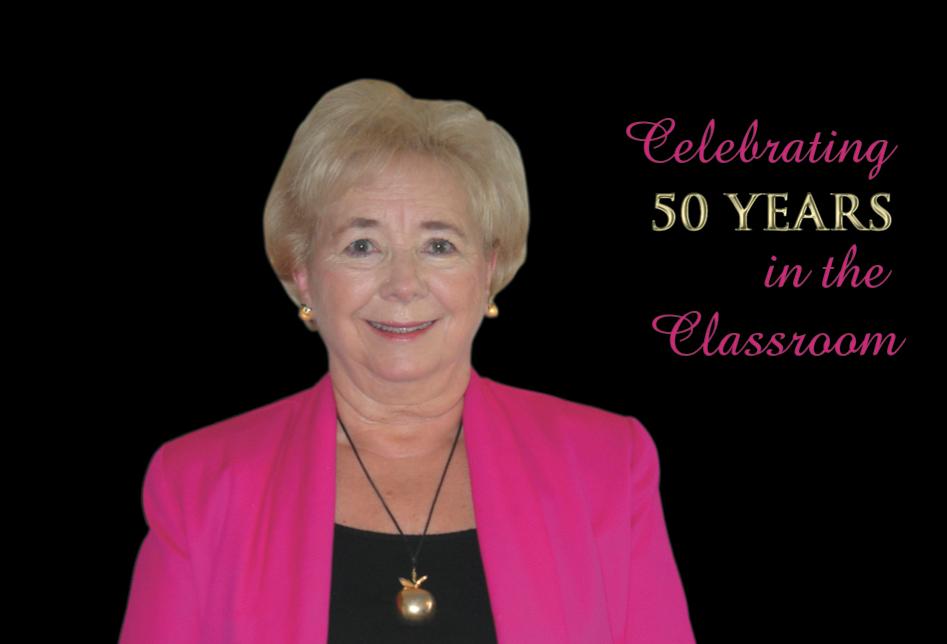This series of 10 articles on ‘How Children Learn Best’ is written by Canadian Citizen Pat Kozyra who has been teaching in the classroom for more than 50 years. In the series she will cover a range of topics likely to be of interest to both parents and teachers – topics include Children’s Learning Styles, Multiple Intelligences, the Importance of Music, the Importance of Play and other topics. During the series questions can be posed to Pat and she will choose one to answer each week.
Let me begin by explaining the difference between discipline and punishment. Yes, children need discipline and consequences for their inappropriate behaviour, but punishment is another question.
Experts explain that punishment involves things like spanking, hitting, slapping, insulting, belittling, a broken promise, taking away rewards and caning. All of these should NOT be a part of the discipline for your child, as it is the least effective method.
Barbara Coloroso a leading expert says: “Say what you mean, mean what you say and do what you said you were going to do.” In other words you must follow through with what you explained to your child would happen. This could even mean something as serious as giving away a favourite toy to the poor children. Time-outs, rewards, incentives, and awards can play an effective and positive part in disciplining your child. Parents must remember to keep cool, calm, collected and in control of themselves during these tense times.
Children must know that you love them, but you do not love what they just did. Criticise the things they do and not them. Parents should try not to correct a child in front of other people. Do it in private later and try not to compare the child with other children or with siblings. Teenagers, whom we sometimes refer to as “the wonderful world of walking hormones”, are often difficult to deal with – changing voices, interested in the opposite sex, constantly on their phones and computers, constantly playing with their electronic gadgets, constantly watching TV, hidden tattoos, weird hairdos, defiant, headstrong, asserting themselves, temptations with drugs and alcohol, addictions to junk food and more.
Barbara Coloroso has the best advice with this general rule: She says: “If it is not life threatening, and not immoral or against the school rules, it’s just not worth getting upset over”. You have to choose your battles at times and perhaps just “wear kid gloves”, put tape over your mouth so to speak, and say to yourself “This too shall pass!” and it does – believe me. As a mother, I have been there. And remember that their hair will always grow back in and the dye washes out, and they may tire of it soon as well. Tatoos nowadays, can even be removed. Another one of Barbara’s wise quotes is: “There is no problem so great it cannot be solved”.
Children’s misbehaviour is seen in terms of four mistaken goals within the child – attention getting, power, revenge and a display of inadequacy. Then what is a normal well-adjusted child? This child will usually display most of these criteria: puts forth a genuine effort, has a true sense of his own worth, has a feeling of belonging, has socially acceptable goals, assumes responsibility, is interested in others, thinks “we” rather than “I”, is courageous, is willing to share, and is honest.
Behaviour problems in children can dramatically impact their success at school and parents must work together with the school to do what is right for the child. Parents cannot always be rescuing their child or making excuses for the child. Positive action must be taken at the first signs of chronic misbehaviour.
The causes of a child’s inappropriate behaviour do not really matter. That is personal history! What is important is what parents and teachers do about the behaviour. Remember that behaviour can be strengthened, weakened, relearned and unlearned. When behaviour is inappropriate parents should consider the following questions: Does the child need glasses? Is the child hungry? Is the child exhausted or suffering from sleep deprivation? Is the child sick? Is the child depressed or anxious about something unknown to parents? Is the child being bullied?
Barbara Coloroso gives the following advice to parents when their children need discipline:
1. Show children what they have done wrong and why it is wrong.
2. Give them ownership of the problem (There is no problem so great it cannot be solved!).
3. Help them find ways of solving the problem.
4. Leave their dignity intact.
Coloroso says parents should be delivering six critical messages to their children by their words and their actions.
1. I believe in you.
2. I trust you.
3. I know you can handle this.
4. You are listened to.
5. You are cared for.
6. You are very important to me.
Regarding punishment and consequences she says: Do not treat a child in a way you yourself would not want to be treated. If you wouldn’t want it done to you, you have no business doing it to your child.
My book Tips and Tidbits For Parents and Teachers, celebrating 50 years in the classroom and sharing what I have learned contains a chapter on Behaviour and Discipline which explains and thoroughly outlines Behaviour Modification and gives helpful ways in which parents can use it to change their child’s undesirable behaviour. A major university paper I wrote on Behaviour Modification was based on my 4year-old daughter habitually crawling into our bed in the middle of the night. Yes behaviour modification solved it!
Ten Discipline Lessons to Live By: I have kept this list for years and I feel it still makes sense today and is indeed applicable.
1. Stop making empty threats.
2. Resist the urge to name call.
3. Don’t sabotage the other parent (your spouse).
4. Never hold a grudge.
5. Don’t get physical.
6. Stop preaching.
7. Don’t try to be your child’s best friend – you are the parent!
8. Don’t confuse punishment with discipline.
9. Don’t compare siblings.
10. Don’t be unreasonable in your expectations.
Enjoy this beautifully phrased principle of Gibran from The Prophet as used by Gordon (1974):
“Your children are not your children. They are sons and daughters of life’s longing for itself. They come through you, but not from you. And though they are with you, yet they belong not to you. You may give them your love, but not your thoughts. You may strive to be like them, but seek not to make them like you. For life goes not backwards nor tarries with yesterday.”
Pat Kozyra is the author of “Tips and Tidbits For Parents and Teachers – celebrating 50 years in the classroom and sharing what I have learned”. It is available at Amazon.com books, Barnes and Noble.com, bumps to babes stores in Hong Kong, Swindon Books, Kelly and Walsh (Pacific Place) and Beachside Bookstore in Stanley. You are welcomed to ask advice on a teaching or parenting issue by writing to [email protected].





